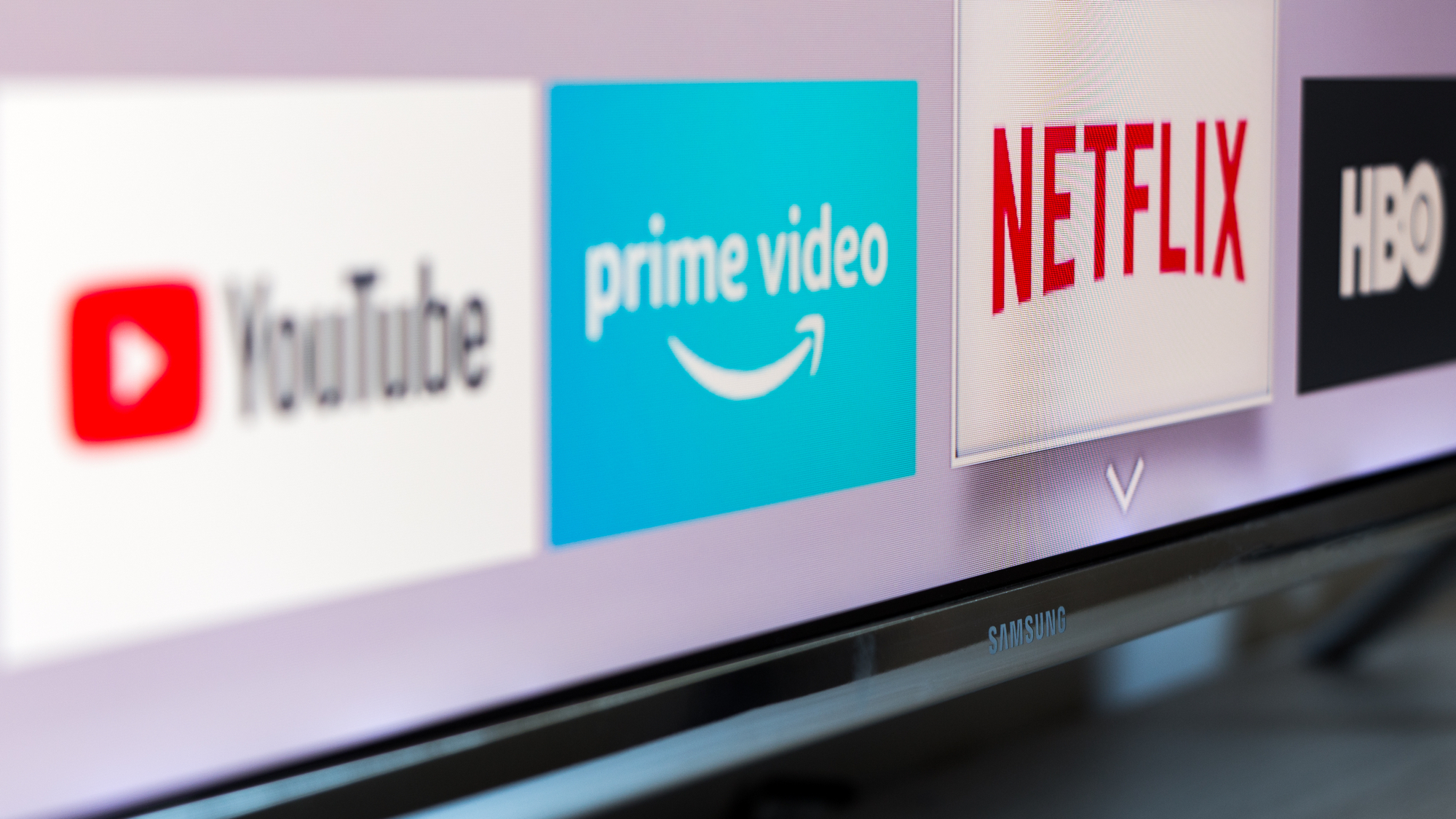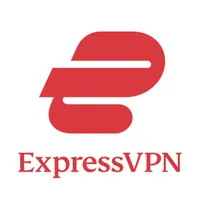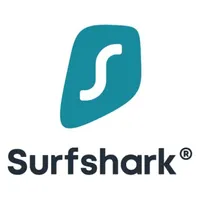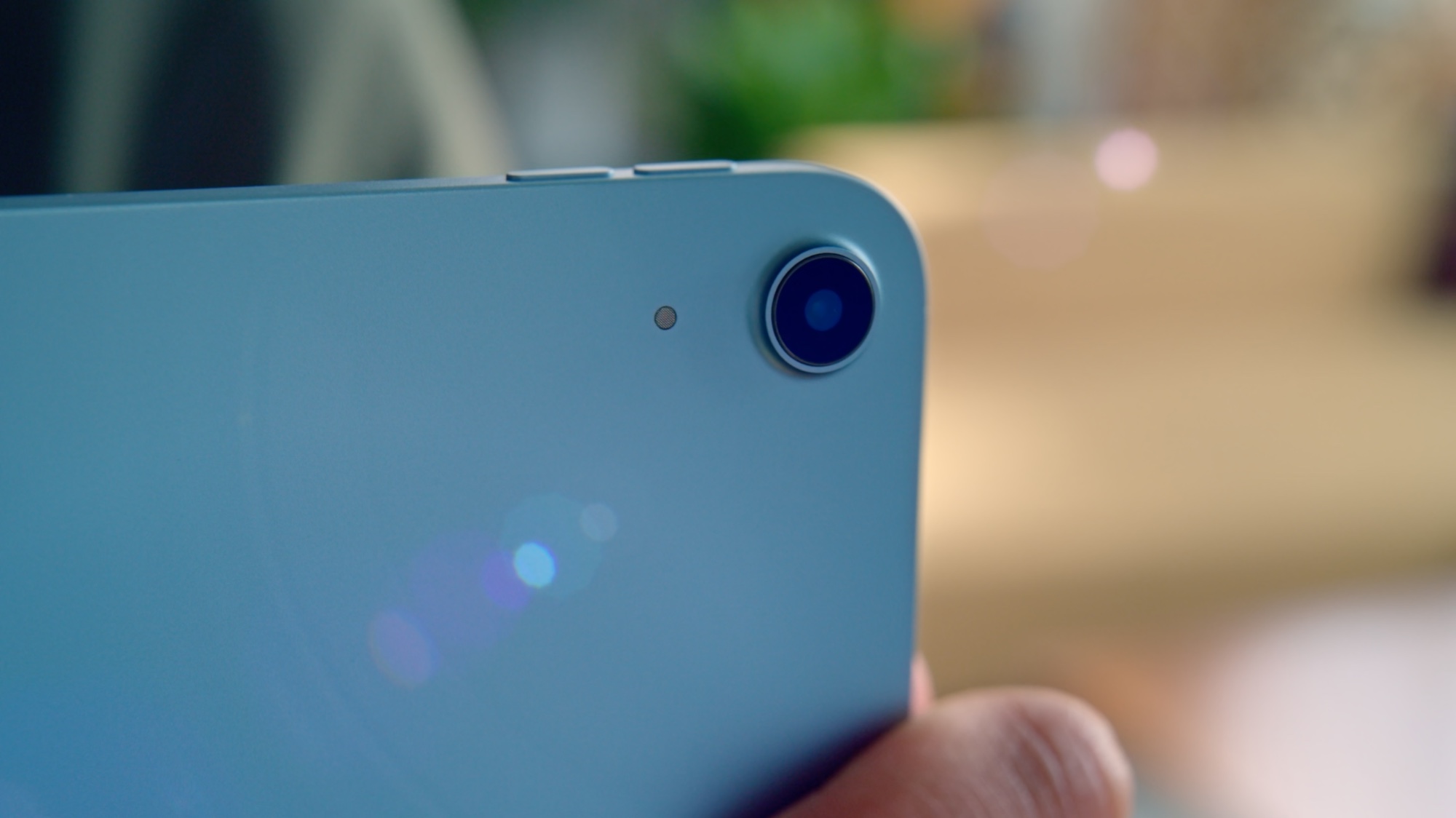Can you stream with a free VPN?
Using a VPN to stream is very popular. Can free services do the job?

Streaming is one of the most popular reasons people sign up for a VPN, but not all services are up to the task. In fact, because of geo-blocking and other factors, it’s actually more complicated than you might think. This is why free VPN services often struggle to make it happen, and while a select few of the best VPN services can manage it, when you go free the experience isn’t always enjoyable.
Netflix, Amazon Prime, BBC iPlayer and others all have measures in place to make watching content from outside your region difficult – but that’s not the only reason why free services aren’t the best option for streaming.
What makes a good streaming VPN?
There are a number of factors that determine whether a VPN is useful for streaming shows on websites like Netflix and Amazon Prime.
To start off, we’ll explain why you might need a streaming VPN in the first place. Most streaming websites use advanced forms of ‘geo-blocking’ to make sure that users only receive content that’s been made available in their region, This is a big source of frustration for users who want to enjoy TV shows and movies that are only available in other countries.
Geo-blocking can take a few different forms. The first consists of filtering content based on your IP address, which is determined in part by your physical location. While some no-fee VPNs do allow you to choose your server and location, many don't. Those that do are usually limited to only two or three countries.
Even if this is enough to trick a streaming service into thinking you’re somewhere you’re not, it’s also common practice to block known VPN IP addresses. Free services have fewer resources to renew and change IP addresses frequently, and more commonly fail against this kind of defense.
Port blocking enables streaming services to block ports commonly used by VPNs, which are more limited with free services, while deep package inspection (DPI) enables services to determine if you’re using a VPN in the first place, blocking anybody who is. Even some paid VPNs struggle with these issues, so it’s unsurprising that no-fee VPNs rarely make the cut.

Data and speed limits
All but a few unpaid VPNs limit the amount of data you can transmit and receive over the network. Some limit your usage per day, others per month, but you never end up with all that much. About 10GB is typically enough for just a few episodes on high definition, and that’s the top end of most free services’ monthly generosity.
While some providers like ProtonVPN have unlimited data, you still have to deal with speed limits. Many unpaid VPNs throttle connection speeds (especially those with no data limits), both to encourage upgrading to a paid version and to ensure paying customers receive the best possible connection.
Even those that don’t actively reduce speeds tend to only have a handful of servers for free users, meaning your connection is subject to bottlenecks and general sluggishness. Expect lots of freezing and pauses as your show or movie loads.
Can any no-fee VPNs rival paid services?
Rival? Not really. If you’re dead-set on not paying for a VPN, there are a few free Netflix VPNs providers that work, but the experience is spotty. Slow speeds, inconsistent block evasion, and data limits all make for less enjoyable streaming than with a paid VPN.
If you’re looking for a Netflix VPN, Amazon Prime Video VPN, BBC iPlayer VPN, or anything else, your best bet is to go for a paid one.
ExpressVPN, for example, has a huge number of high-speed servers located all over the world, making it a great VPN for Netflix. It comes with a 30-day money-back guarantee, so you can try it out and get a free month of streaming – plus Tom's Guide readers can claim three months free, which works out at 15 months for the price of 12.
ExpressVPN's not just good for streaming, though. As our top-rated VPN, you'll get a huge variety of privacy features, plus its apps are incredibly easy to use. It's perfect for both experts and novices, and that's why it's our first port of call when recommending VPNs for pretty much any purpose.
If you're on a really tight budget, Surfshark is another good choice for both security and streaming. Costing less than $2.50 per month, it's possibly the cheapest way of getting access to the world's geo-blocked streaming media from your sofa.
While it's not as fully-featured as ExpressVPN, you could just think of it as a cheap add-on to your Netflix subscription that lets you access content from anywhere in the world – and you're also covered by a 30-day guarantee to make sure it's for you in the long run.
Get instant access to breaking news, the hottest reviews, great deals and helpful tips.
Christian is a freelance writer and content project manager with over six years' experience writing and leading teams in finance and technology for some of the world's largest online publishers, including TechRadar and Tom's Guide.



